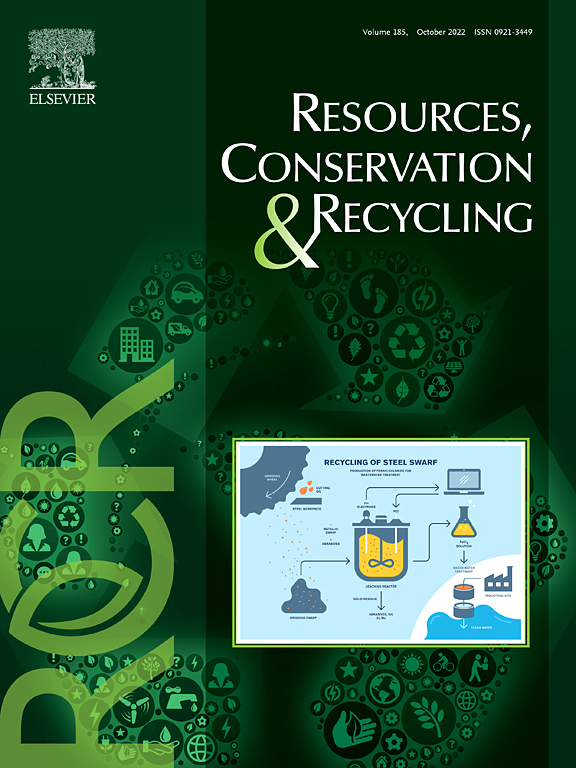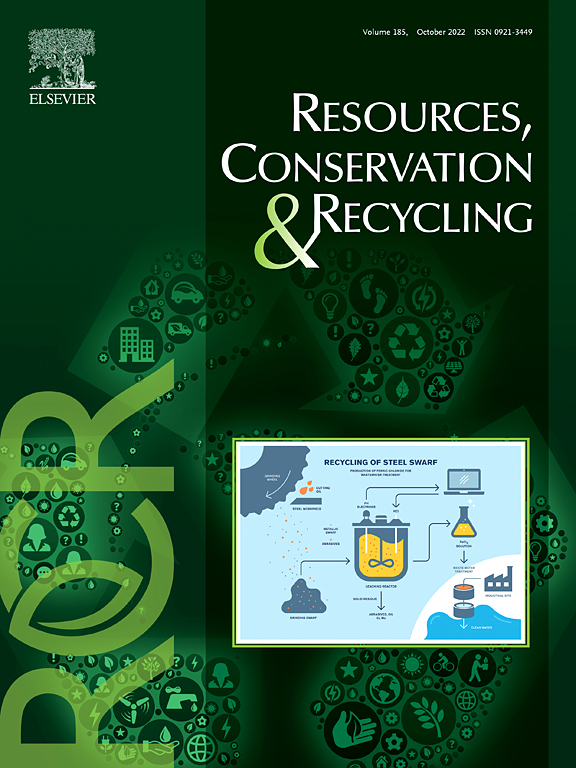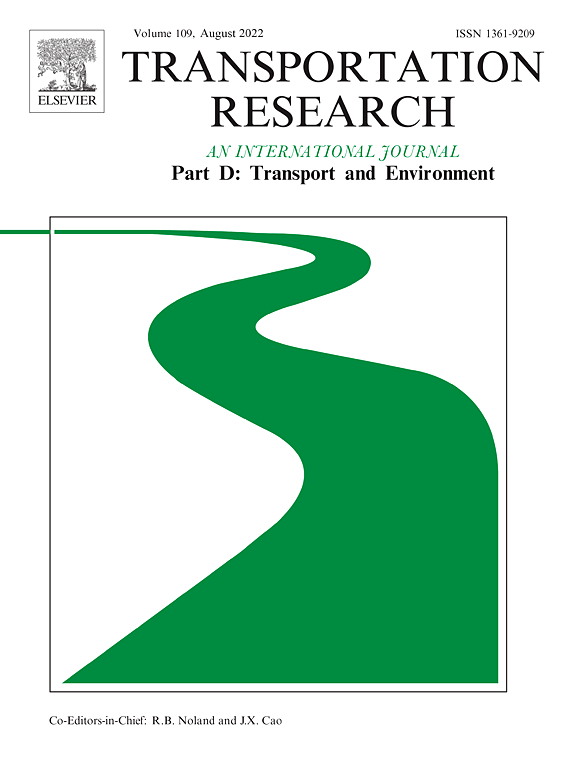Knowledge Hub
Investigating Carbon Footprint and Carbon Reduction Potential Using a Cradle-to-Cradle LCA Approach on Lithium-Ion Batteries for Electric Vehicles in China
2022
Author(s): Chen Q, Lai X, Gu H, Tang X, Gao F, Han X, Zheng Y
This study investigates the carbon footprint of LIBs produced in China using a cradle-to-cradle life-cycle assessment approach.

Electric Vehicle Lithium-Ion Battery Recycled Content Standards for the US – Targets, Costs, and Environmental Impacts
2022
Author(s): Dunn J, Kendall A, Slattery M.
Lithium-ion battery recycling can decrease the life cycle environmental impacts of electric vehicles (EVs) and assist in securing domestic supply chains.

Vehicle Fleet Electrification and Its Effects on the Global Warming Potential of Highway Pavements in the United States
2022
Author(s): Barkh H, Yu A, Friend D, Shani P, Tu Q, Swei O
This study quantifies the impact of vehicle fleet changes on the global warming potential of asphalt concrete pavement systems across the United States via a comprehensive life cycle assessment model
Environmental Impact of the Second Life of an Automotive Battery: Reuse and Repurpose Based on Ageing Tests
2022
Author(s): Philippot M, Costa D, Hosen M.S, Senécat A, Brouwers E, Nanini-Maury E, Van Mierlo J, Messagie M
This study assesses a nickel manganese cobalt (NMC)–lithium titanate oxide (LTO) battery using the life cycle assessment (LCA) methodology, considering two scenarios for the second life of the battery: the reuse in an EV or its repurpose as stationary storage for energy generated from photovoltaic panels in a Belgian household.

Complete LCA of Battery Electric and Conventional Fuel Vehicles for Freight Trips
2022
Author(s): Middela MS, Mahesh S, Kancharla SR, Ramadurai G, Perme R, Sripada SK, Devi G
The authors estimate freight emissions in Chennai, India, using real-world emission factors obtained from onboard emission measurement systems and trip characteristics collected through an establishment survey.
This study uses life cycle analysis (LCA) to comparatively analyze two vehicle models of similar size of each type (ICEV and EV) currently used in the City’s fleet. Ford Focus is chosen for the ICEV and Mitsubishi i-MiEV for the EV, both with a vehicle life of 150,000km. The analysis shows that the electric vehicle has notably lower carbon emissions and lower energy consumption per kilometer. After considering all phases, the Ford Focus emits 392.4gCO2-eq/km and Mitsubishi i-MiEV emits 203.0gCO2-eq/km over the vehicle life.
Life cycle analysis comparison: electric and internal combustion engine vehicle
2022
Author(s): Fuels Institute
Ricardo Strategic Consulting conducted a life cycle assessment study for the Fuels Institute to study the life cycle emissions and total cost of ownership of internal combustion engine (ICE) vehicles and electric vehicles. The study involved an extensive literature review of the research work in this field and a customized life cycle analysis (LCA) model development by Ricardo.
Electric vehicles from life cycle and circular economy perspectives: TERM 2018
2018
Author(s): European Environment Agency
The study shows BEVs offer important opportunities to reduce GHG emissions and local air pollution. Areas where BEVs could have potential negative impacts are also identified during raw material extraction stage, a temporary rebound effect during vehicle adoption and uncertainty in terms of end-of-life processing. Current and future policy levers and incentives could be reviewed adopting battery standardization to facilitate recycling and reuse.
Global EV outlook 2022: securing supplies for an electric future
2022
Author(s): International Energy Agency
The increase in EV sales in 2021 was primarily led by the People’s Republic of China, which accounted for half of the growth. More vehicles were sold in China in 2021 (3.3 million) than in the entire world in 2020. Sales in Europe showed continued robust growth (up 65% to 2.3 million) after the 2020 boom, and they increased in the United States as well (to 630 000) after two years of decline.
Electric buses in Maharashtra: lessons from interviews and recommendations for future rollout in India
2022
Author(s): Dhole A, Gode P
The study result shows that electric buses are reliable. Transit authorities are already experiencing the numerous benefits that electric buses offer, including zero tailpipe emissions, fewer maintenance requirements, and better driver and passenger experience.



